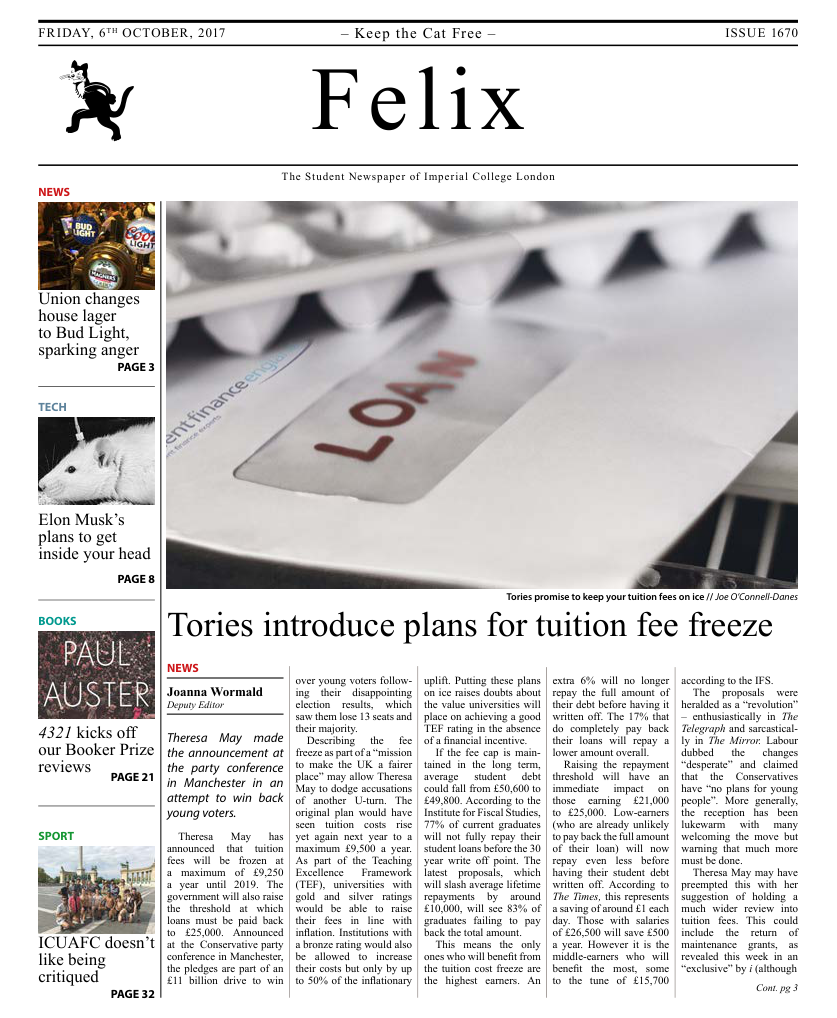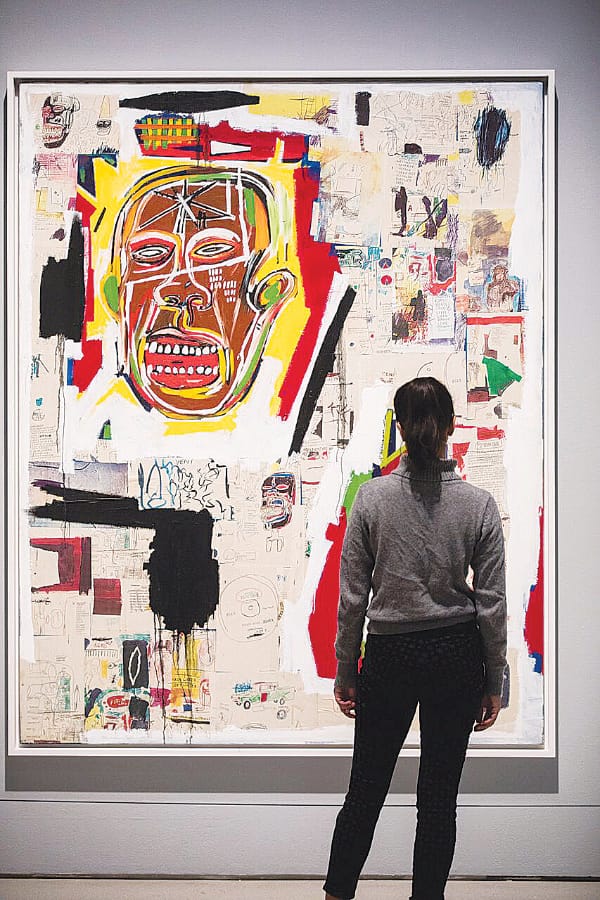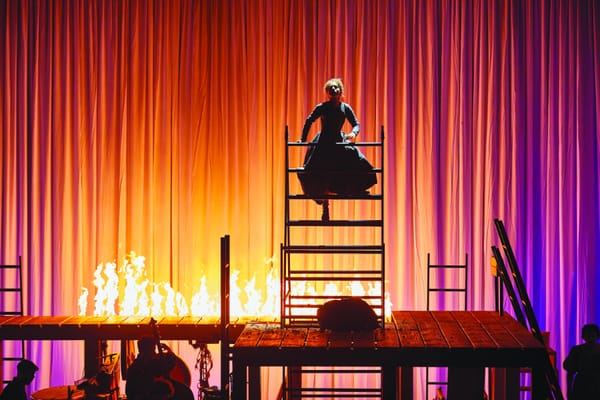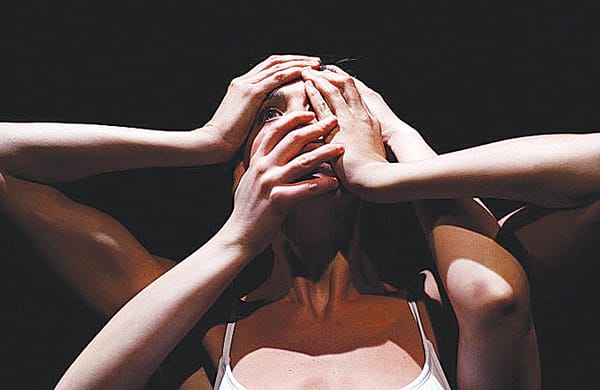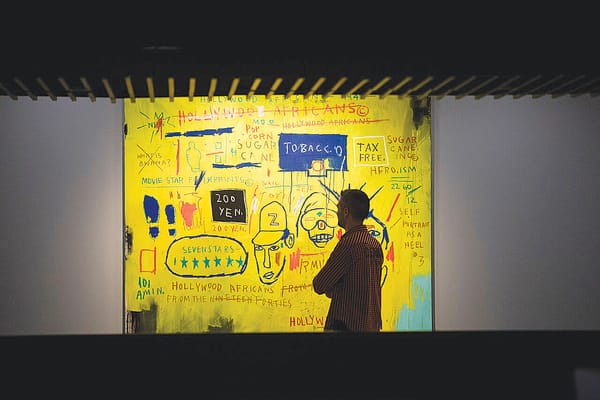Rhodes must fall
The Fall is a passionate retelling of a real-life student revolution

Told through a series of compelling monologues, The Fall is a dramatisation of the real events surrounding a group of activist students studying at the University of Cape Town (UCT), several decades after apartheid. Specifically, it tells the story behind the fall of the statue of colonialist Cecil Rhodes, which stood for years outside the University as a staunch reminder of the violent events that unfolded over a century ago. Through the discussions and personal accounts given by the seven-strong ensemble cast, the major issues affecting their lives as regular students are explored. Through a clash of personalities the significance of race, class, patriarchy and gender in modern-day South Africa raises questions on how to bridge the gaps in-between through dialogue about decolonisation.
Written by the cast - who are playing themselves, the play draws on their own experiences, building a deep narrative surrounding the events that happened.
Each cast member has a definitive attitude, and tells the story in a way that reflects their own identity; be it the headstrong Boitshoko who comically wants to take on the statue using “a chisel and hammer”, to the young Chwaita who is struggling to find her voice in the group, constantly asking questions about what exactly they’re striving for. Lead by the incredible Zandile Madliwa as the leader of the Black Radical Feminist movement, and Cleo Raatus as a non-binary council rep, the play lights up with intensity when the students confront each other and begin to find deeper understanding through a series of strongly worded arguments. Ameera Conrad, who plays Camilla, was particularly impressive during her fiery speech that divides the group and thrusts gender issues into the limelight.
The scenes are interspersed with impressive choreography and traditional song, echoing the strong collective spirit they have as a group to address the needs of their country. In the short space of 80 minutes, the audience were taken on a roller coaster of emotions, laughing at the naivety of questions and comedic chides to crying alongside characters forced to make difficult moral decisions. Projections of the real-life protests that happened following the #RhodesMustFall movement centre the play synchronously alongside the history of the movements.
Whilst the stories are told with colour and passion, the way they are effortlessly interweaved to follow a historically-accurate narrative makes you come out of it feeling just as enlightened as you were entertained. There’s never a dull moment, as the writing is fast-paced, thought-provoking and deeply emotional. All in all, this ensemble production is full of heart, and boldly speaks out for the strength in student revolutions around the world.
4 Stars
Where? Royal Court
When? Until 14th Oct
How Much? from £12

